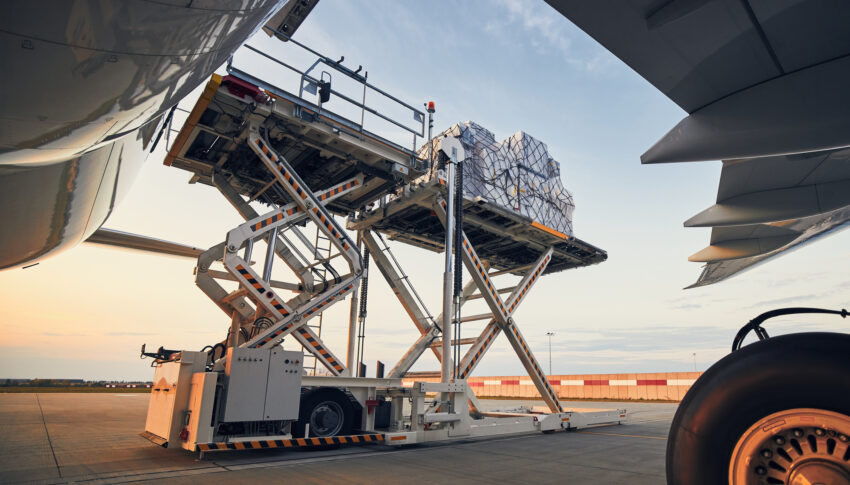The US Federal Aviation Administration’s public list of lithium battery incidents within its jurisdiction is sobering — both in their frequency and in their potential for significant harm. Just in that jurisdiction, fires or potential fires are happening at a rate of more than one a week. To explore the industry’s approach to this high and increasing risk, we sat down with Brendan Sullivan, global head of cargo at airline trade association IATA, the International Air Transport Association.
Sullivan tells us that current risk growth areas include “emerging lithium and other battery chemistries, including introduction of sodium ion batteries, solid-state lithium ion batteries, increasing usage of power tools with larger energy capacity, and e-vehicles — scooters, bicycles, hoverboards, et cetera.”
As the lithium battery powered market grows — by approximately a third every year — and as it interacts with trends like drop-shipping, a significant proportion of these batteries are contained within devices manufactured by companies new to global distribution, which adds issues of unfamiliarity with battery safety requirements.
“Further trends will include ever larger-capacity batteries as more States move closer to their net-zero goals,” Sullivan says. “Expect global supply chains, from manufacturer to end-user, coupled with burgeoning e-commerce and promises of fast delivery to become more normalised.”
To manage these growing risks, IATA is taking a four-step approach:
- raising awareness, especially with new shippers, and in the context of a patchwork of complex regulations
- developing standards, processes and regulation, including harmonisation and outcome-based requirements
- safety data collection, coordination and information sharing across national regulators and jurisdictions
- improved protective measures, including fire-resistant unit load device containers, fire containment covers and fire containment bags — as well as the development of consistent testing standards for these measures
“Lithium battery technology continues to evolve, particularly with new chemistries, and there is a strong cooperative focus between IATA, its member airlines, aircraft manufacturers and aviation safety regulators on developing ways of transporting such batteries safely,” Sullivan explains. “The general rules regarding transportation have changed little in recent years, but with improvements in technology, more instances of non-compliance with those rules are being detected — and these will be shaping global efforts in the near future to improve compliance.”
Even within the current framework, airlines — collectively within the framework of IATA and individually — have been highlighting the need for government leadership on more effective enforcement of existing regulations and stronger sanctions, including criminalisation for the worst offenders.
The continuing rollout of better cargo scanners with the ability to detect lithium batteries automatically, as well as new algorithms that can be applied to those scans — and other information — will all contribute to safety, as long as aviation continues its focus on this set of risks.
There are also human factors risks within the cabin as passengers carry more and more lithium battery-powered devices. A simple set of Bluetooth earbuds adds three more batteries to every pocket, as just one example, while the e-cigarette and vaping trend adds one or more as well.
“In 2030, I think we’re still going to be dealing with similar issues, albeit probably involving different dangerous goods — the most dangerous goods are the ones that the airline doesn’t know that they are carrying,” Sullivan tells us. Passengers will still be the root cause of the majority of dangerous goods occurrences on aircraft and the airline’s cabin safety personnel will still be the last line of defence. There will be continuing technology improvements that will strengthen the second line defence, and better information and education of passengers can be expected too.”
Author: John Walton
Published 21 November 2023




